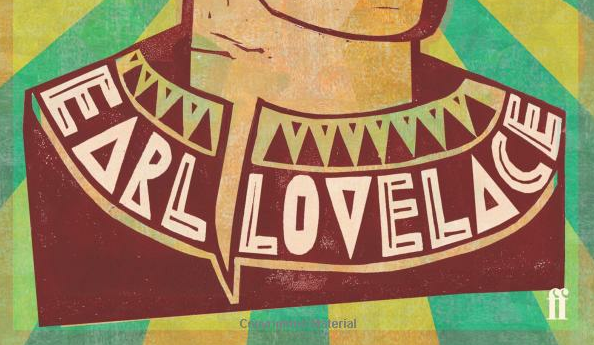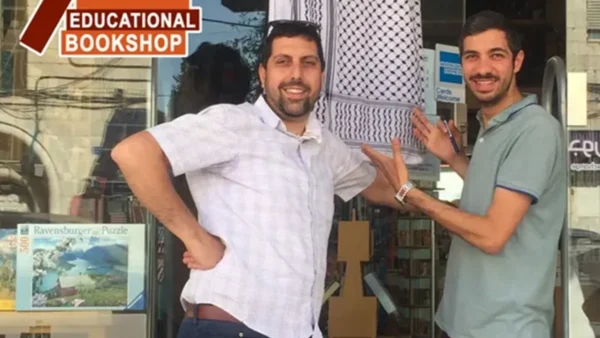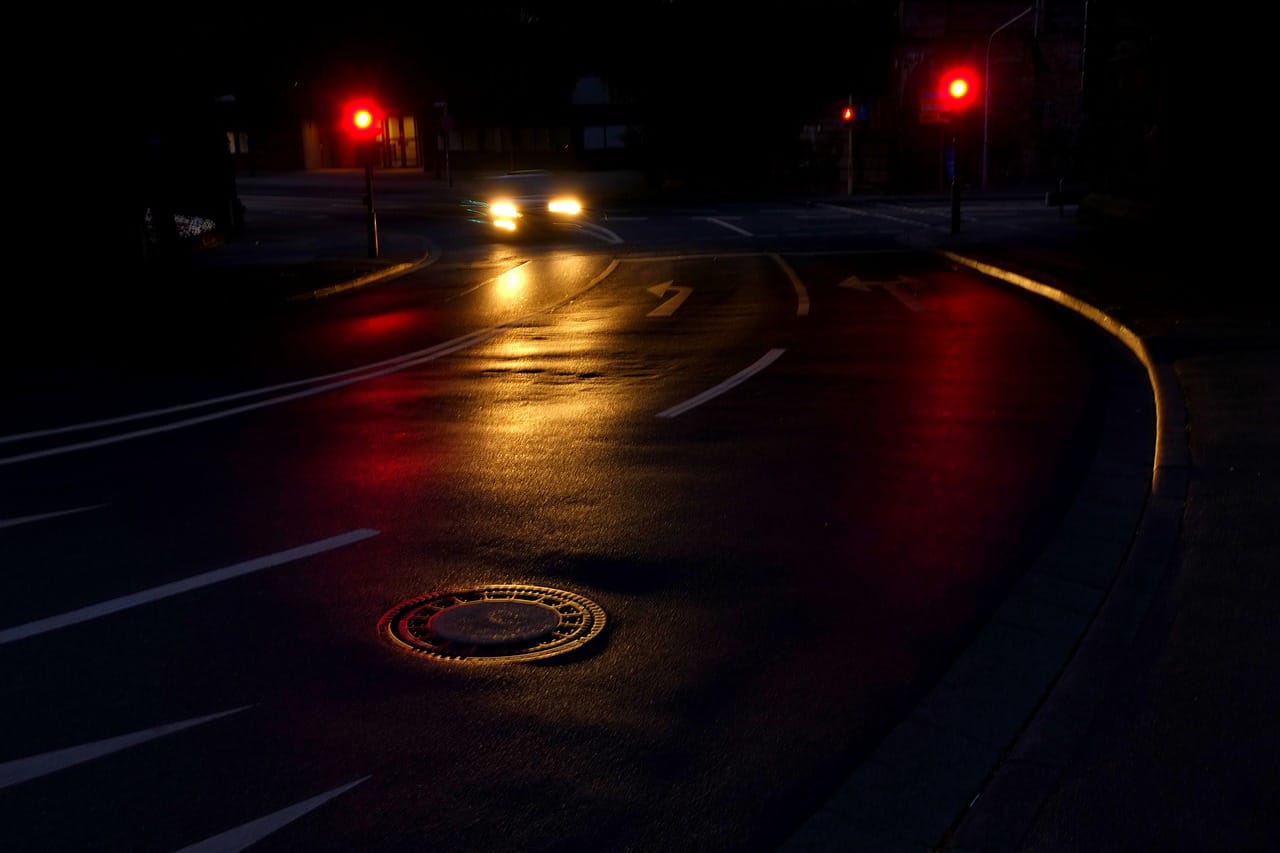Trinidadian writer Earl Lovelace was the second attraction last night at Bim Literary Festival. For my report on the first part of the evening, with Austin Clarke, click here.
Lovelace was asked about the themes of his writing and spoke about the search for selfhood, both on an individual and a societal level. He said that people in the Caribbean don’t always respect the abilities of ordinary people.
We still look to ‘best practice’ of other people to tell us what to do. Not only are ordinary people not acknowledged, but we don’t acknowledge ourselves.
 On a related note, he spoke about Africans being brought to the Caribbean stripped of name and rank, and made an interesting observation. While it was a loss of identity, it also meant that “what we do is on behalf of being human. We have to claim humanity on behalf of everybody. This is the basis of our history. But we lack confidence even in that, even to see who we are.” I understood him as staking out a new identity for people in the Caribbean, one based on the loss of identity from slavery, a loss which meant that, since they were not attached to a particular group, they could speak on behalf of everybody. I wished he’d spoken about it at more length, because it’s a big idea and I’m not sure if I understood it fully. Maybe the book deals with it more thoroughly.
On a related note, he spoke about Africans being brought to the Caribbean stripped of name and rank, and made an interesting observation. While it was a loss of identity, it also meant that “what we do is on behalf of being human. We have to claim humanity on behalf of everybody. This is the basis of our history. But we lack confidence even in that, even to see who we are.” I understood him as staking out a new identity for people in the Caribbean, one based on the loss of identity from slavery, a loss which meant that, since they were not attached to a particular group, they could speak on behalf of everybody. I wished he’d spoken about it at more length, because it’s a big idea and I’m not sure if I understood it fully. Maybe the book deals with it more thoroughly.
I loved Lovelace’s point about how we look at criminals and delinquents, like the character Sonnyboy in his latest novel Is Just a Movie. He said that Sonnyboy wants us to see him as a revolutionary, not a delinquent.
If we can see issues in society as people’s resistance to things or striving for things, then we can understand them better.
This reminded me of the London riots last year, when everyone was so quick to condemn the rioters without ever asking who they were or what they wanted. Yes, the behaviour was destructive and the aims unclear, but where did it come from? What were they resisting, and what were they striving for? These seem to be more intelligent questions than “How fast can we lock them up and throw away the key?”
He also spoke about the role of women in his novels, reacting against the questioner’s description of women as a “redemptive force” and saying that he wants to look at both men and women as having a capability for redemption. Men in the Caribbean, he said, often get a bad rap, being presented as feckless, irresponsible and womanising, but we need to look more seriously at what the role of men and women in a society should be, rather than just relying on old stereotypes of nurturing women and feckless men.
This post is part of a series on Bim Literary Festival 2012. For other posts in the series, click here.
The role of a writer, for him, is to know what is a going on in a society at a deeper level than most people, including the people in charge. He wants us to pay more attention to writers as people who make it their business to think and analyse, instead of just believing that “power is knowledge” and believing what politicians tell us.
Finally he spoke about the importance of music and carnival as settings in which the question of slavery can be addressed in the Caribbean.
In carnival there has been an effort to humanise ourselves [black people] and to humanise the other. Carnival is welcoming people into a space, holding up the idea of “all ah we is one” even if it’s not always the case in reality. In music we’re all the same, we’re all human.
At the end, I bought a signed copy of The Dragon Can’t Dance, one of his older books but the only one I could afford! The newer ones were priced at fifty, sixty or even 86 Barbados dollars (there are 2 Barbados dollars to a US dollar). There was an American lady in front of me who was buying a book and, when she was told the price, said “Forty bucks for a paperback? You’re kidding!” I suppose it’s the cost of importing – I’ve noticed that in bookshops here, the prices are astronomical. Maybe that’s partly why there’s not much of a reading public, as mentioned in my last post. Anyway, I still plan to read Is Just a Movie, but will wait a while and pick it up in London – Amazon has it priced at £6.62.
Have you read anything by Earl Lovelace? I can recommend The Wine of Astonishment, and will let you know about The Dragon Can’t Dance when I get to it. Two more days of the Bim Literary Festival – more reports on the way…




There are 8 comments
You need a good book on postcolonial literature. Alas, it’s an area I’ve never studied much so can’t think of one to recommend to you. Oh, well apart maybe from Edward Said and his book Orientalism. Not quite the right part of the world, but Said is a brilliant critic and always worth reading anyway. Unfortunately I think before reading your post I had confused Earl Lovelace with Linda Lovelace… in any case I had the impression that he wrote a very different sort of book to the one he clearly does. Nice to have that cleared up!
Yes, I’ve read most of Edward Said’s work – one of my favourites. Good recommendation! Hmm yes, there’s quite a difference between Earl and Linda – I just googled Linda Lovelace and you made me blush 😉
Interesting that I have heard a lot about Lovelace but never got around to reading him. Will look out for your recommendation. Thanks.
I liked him a lot based on the talk – am looking forward to the book! I’ll let you know when I get around to reviewing it!
Hi Andrew
This is the third of your blogs from the festival that I’ve read and I have to say it’s given me a real sense of being there (and I’ve appreciated your insight and candor). I’m bookmarking your site and will look out for your books. If you don’t mind I’ll also link to the reports from my blog’s reading room at https://wadadlipen.wordpress.com
By the way, my name is Joanne Hillhouse, a Caribbean writer from Antigua; my latest book Oh Gad! hit the market recently. Always happy to make new connections on this literary journey.
Hi Joanne
Thanks for visiting, and I’m very glad to hear that you got the sense of being there. That’s exactly what I wanted to achieve. Links are always welcome, thank you! I like your site, especially the award for young writers – what a wonderful initiative that is. It’s so important to give encouragement to the next generation. Have bookmarked your site also, and look forward to checking out your writing!